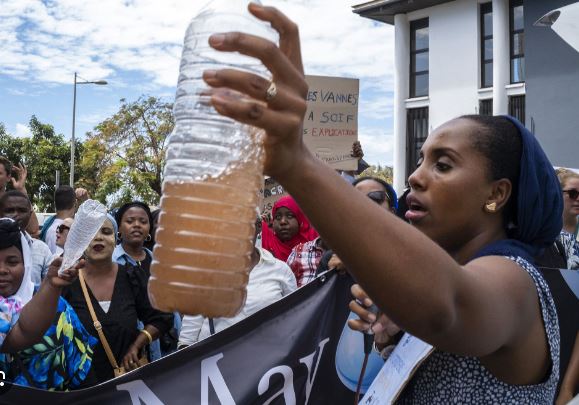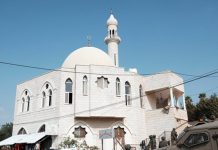
When Racha Mousdikoudine opens her kitchen faucet, she never knows what will happen.
“Maybe I won’t get any water at all,” she told CNN. “Maybe I’ll get 30 minutes of water. Maybe the water will only come after hours of waiting.”
For the last four months, Mousdikoudine and her two children have had little or no running water in their home on the French territory of Mayotte, and island of around 310,000 people in the Indian Ocean off the eastern coast of Africa, between Mozambique and the island of Madagascar.
Mayotte is facing an unprecedented water crisis amid one of the worst droughts in its history, as the impacts of the human-caused climate crisis collide with a chronic lack of investment in the water system.
The island is grappling with its worst drought since 1997. Its two water reservoirs have reached a “critical level of decline” – one is at 7% of capacity and the other at 6%, according to the most recent estimates, and they are on the verge of drying up.
It has led to drastic water cuts. Residents only have access to water for around 18 hours at a time every couple of days, according to a schedule published by the Prefecture, the local subdivision of the French government. Many say what little water they have is often contaminated and undrinkable.
Residents have had to cope with school closures and a growing health crisis, all while water bottles become a rare – and expensive – commodity on supermarket shelves.
Source: cnn.com








